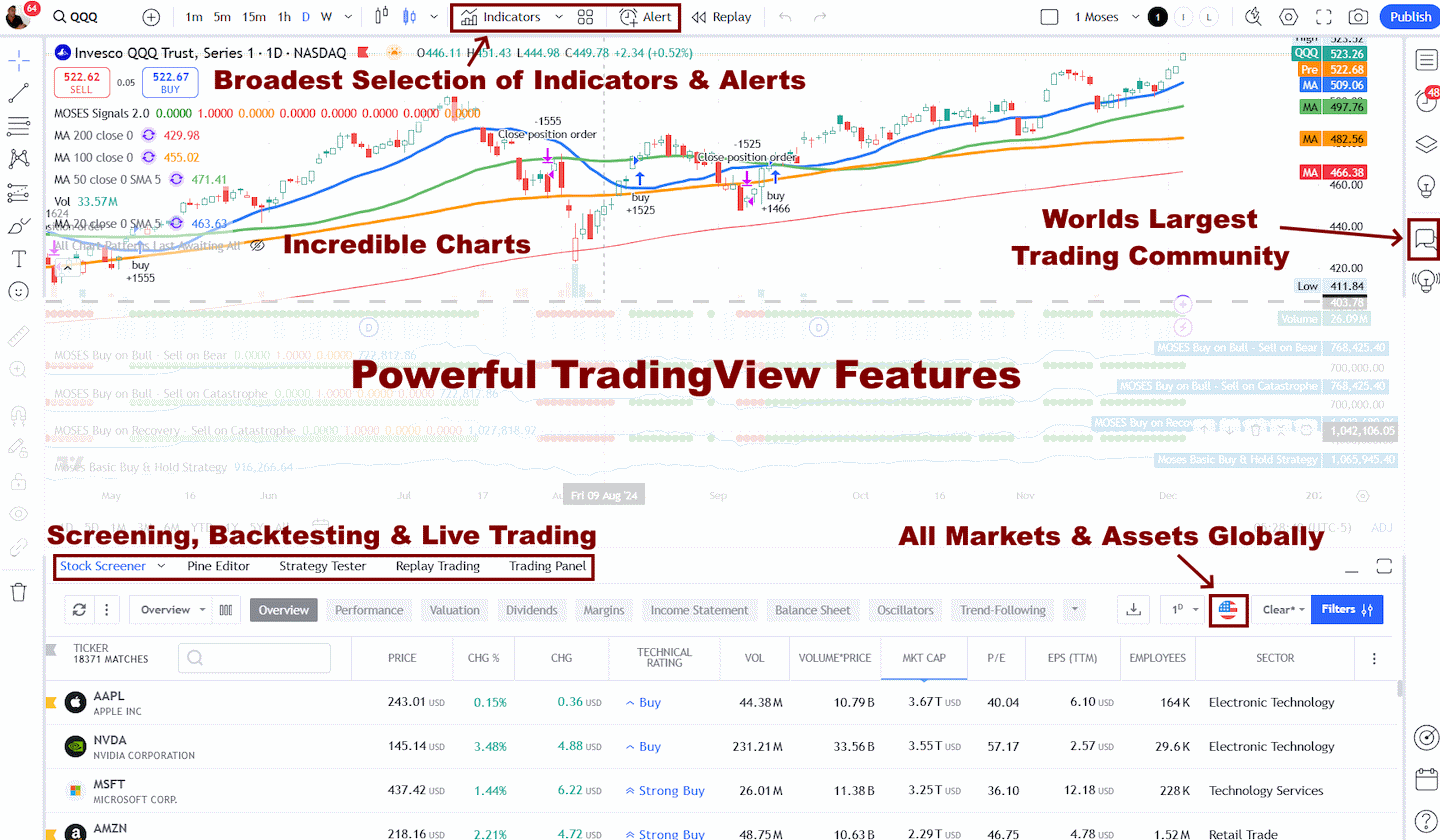Yes, you can owe money on stocks if you buy stocks through a margin account. A margin account allows you to borrow money from your broker to buy more stocks than you could with just the cash in your account. If your trade moves against you, you could end up owing money.

Can you owe money in the stock market?
You can owe money on stocks when purchasing them through a margin account. A margin account lets you borrow money from your broker to buy more stocks than your account’s cash can cover. If your trade goes against you, you may end up owing money.
In a margin account, a brokerage or investment bank extends a line of credit, or margin, to an investor. The investor uses the credit line to buy stocks.
A classic margin account uses the stocks purchased as collateral for the credit line or margin loan. That means the investment banker or brokerage can sell the stocks if the margin loan is not repaid. If the stocks increase in price, the borrower uses part of the trading profits to pay off the loan.
The danger of a margin account is that the trader must repay the margin loan if the stocks lose value. Consequently, a trader can owe money on stocks.
You want to be a successful stock investor but don’t know where to start.
Learning stock market investing on your own can be overwhelming. There’s so much information out there, and it’s hard to know what’s true and what’s not.
Liberated Stock Trader Pro Investing Course
Our pro investing classes are the perfect way to learn stock investing. You will learn everything you need to know about financial analysis, charts, stock screening, and portfolio building so you can start building wealth today.
★ 16 Hours of Video Lessons + eBook ★
★ Complete Financial Analysis Lessons ★
★ 6 Proven Investing Strategies ★
★ Professional Grade Stock Chart Analysis Classes ★
According to a poll, 10% of US stock trades use a margin account, meaning 10% of investors could owe money in the stock market because of margin trading.
If the share price falls below the amount borrowed to buy the stocks, owing money in the stock market is probable.
For example, a person who buys a $300 stock on the margin will owe $300 if the share price falls to $200 or $100. That borrower will lose $100 or $200 on the stock trade.
An investor can owe interest on margin trades. Margin interest rates can be between 3% and 12%, depending on the amounts borrowed. Investment banks give large-scale traders a lower rate. Brokerages and investment banks usually do not charge interest on futures margins because futures margins are not considered loans.
Margin account stock purchases are considered loans, however. That means margin traders can owe money in the stock market.
Many brokerages charge no commissions on margin trades because they profit from margin interest. Those brokerages encourage margin trading because margin interest is more profitable than commissions.
Can you end up owing money on stocks?
Anybody who uses a margin account can end up owing money on stocks. All it takes is a few losses. That means investors can owe margin debt on stocks. Investors need to watch the level of margin debt because it can lead to a margin call.
Can you go negative in stocks and owe money?
Any margin investor can see her account go negative and owe money. Investors must be careful because going negative can lead to a margin call.
They issue a margin call when the funds in a margin account fall below the maintenance margin. The maintenance margin is the mandatory level of funds in the account.
Securities and Exchange Commission (SEC) regulations limit the initial amount of margin debt in a new margin account to 50% of the account balance. If margin debt rises over 50%, the institution issues a margin call.
Older accounts can have a lower maintenance margin. The typical maintenance margin for a US margin account is 25%. If an account has a 25% maintenance margin, the investor could face a margin call if 76% of the account is negative.
The brokerage can sell the traders’ stocks or suspend the account if the investor does not keep funds above the maintenance margin. Traders must be careful because any market loss can trigger a margin call.
My thorough testing awarded TradingView a stellar 4.8 stars!
With powerful stock chart analysis, pattern recognition, screening, backtesting, and a 20+ million user community, it’s a game-changer for traders.

Whether you're trading in the US or internationally, TradingView is my top pick for its unmatched features and ease of use.
Explore TradingView – Your Gateway to Smarter Trading!
Can you owe money in penny stocks?
Yes, an investor could owe money on penny stocks if they bought them with a credit card or other lines of credit. Borrowing money to buy penny stocks is highly speculative and should be avoided because of the high level of risk.
A penny stock is a low-quality equity that sells for a small price. The term penny stock comes from an earlier era when some stocks sold for a penny. However, today’s “penny stocks” usually sell for $1 to $5.
Most brokerages do not offer penny stocks because they are high-risk investments. Penny stocks can be risky because they sell mostly through the over-the-counter market. Over-the-counter means stocks, such as the NYSE, are not sold through a big exchange.
Brokers consider penny stocks risky because many penny-stock companies do not have to file financial information with the Securities and Exchange Commission (SEC). That means there could be no prospectuses or financial information about those companies.
Because of the risk, most brokerages and investment banks do not let investors buy penny stocks on the margin. Thus, it is hard to spend money on penny stocks.
Can you owe more money than you invest in stocks?
You can owe more money than you invest in stocks if the funds in your margin account fall below the maintenance margin.
Investors can avoid this nightmare by calculating the maintenance margin requirement. You can calculate the maintenance margin requirement by subtracting the loan amount from the account value. If the result of that subtraction is over the maintenance margin, you owe money.
Investors need to watch the maintenance margin requirement to avoid margin calls. It would be best to watch the margin because margin calls must be immediately satisfied (paid). If you don’t pay the margin call, the brokerage can sell your stocks to cover it.
Owing money on stocks is possible, and owing money on stocks is probable if you buy stocks on the margin.

